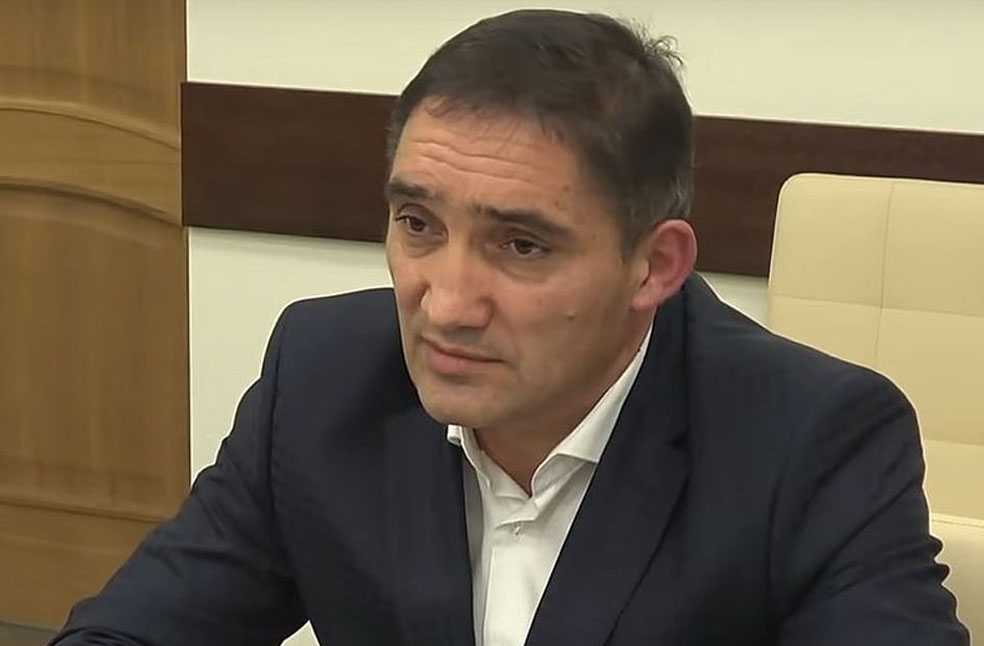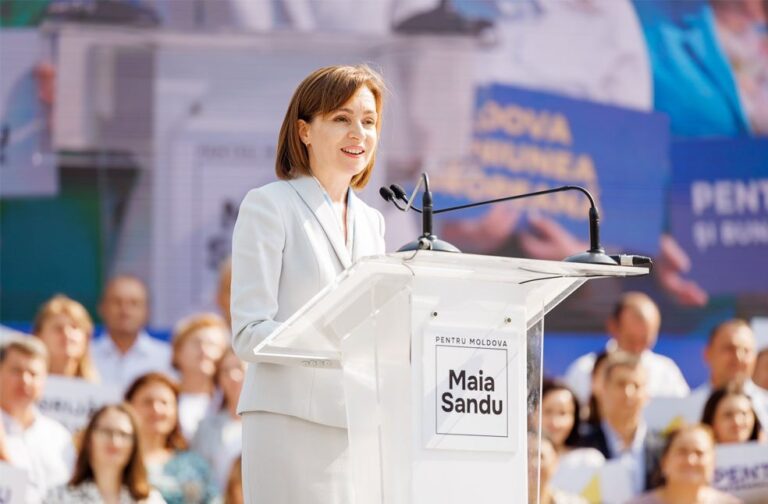Chisinau, Moldova: Moldovans are heading to the polls for the second-round run-off of a presidential election viewed as a pivotal choice between a European future and a resurgence of Russian influence.
Pro-European President Maia Sandu is facing off against Alexandr Stoianoglo, whom she dismissed as chief prosecutor. Stoianoglo has pledged to balance foreign policy between the West and Russia, and he is supported by the pro-Russian Party of Socialists.
Sandu and Moldova’s government have raised concerns about a fugitive oligarch currently residing in Russia who is allegedly attempting to sway the election in favor of Moscow.
In the first round of voting two weeks ago, Sandu secured 42.4%, significantly ahead of Stoianoglo’s 26%, but fell short of the 50% needed for an outright victory.

Stoianoglo is likely to gain votes from candidates who did not advance to the run-off. He has presented himself as an “apolitical president” focused on security, peace, prosperity, and a “truly European model.” Stoianoglo has vowed to save Moldova from “four more years of abuse and ruin.”
Former Moldovan Defence Minister Anatol Salaru emphasized that the election will determine whether Moldova will continue its path toward European integration or revert to Russian influence.
As one of Europe’s poorest countries, Moldova, a former Soviet republic situated between Ukraine and Romania, has a population of 2.5 million, with a significant expatriate community of 1.2 million whose votes could be crucial for Sandu in the run-off.
Moldova has initiated talks to join the European Union, and on the same day as the first round, voters narrowly approved a constitutional change affirming the commitment to EU membership. The close margin surprised many, although Sandu indicated there were attempts to buy 300,000 votes.
As the nation navigates these critical moments, the voices of its citizens—both at home and abroad—will play a pivotal role in shaping the path forward for Moldova.



